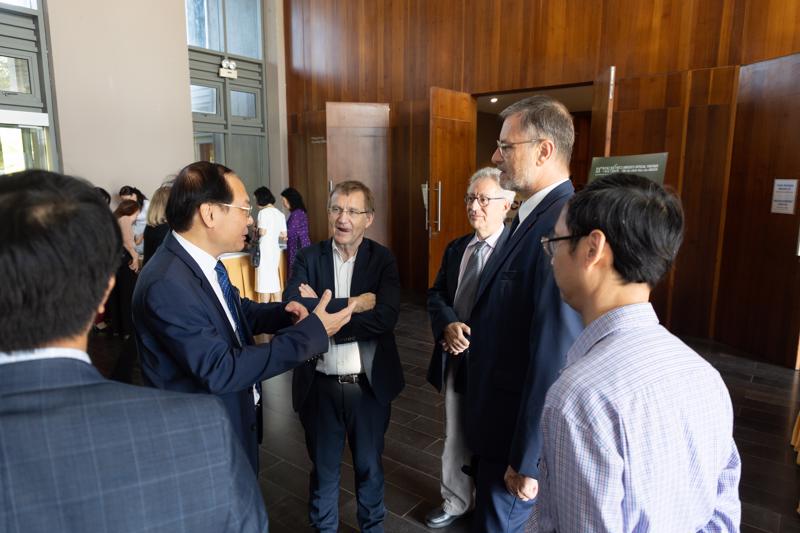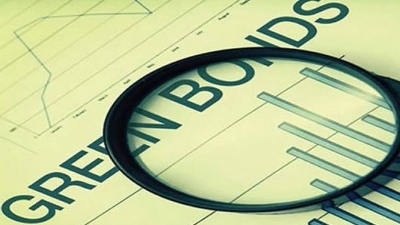“No single nation can escape the escalating impact of climate change and biodiversity loss,” declared H.E. Olivier Brochet, Ambassador of France to Vietnam, at ICEPORM 2024, an ongoing international conference on environmental issues. His declaration underscores the driving force behind the deepening scientific partnership between Vietnam and France, which is in recognition of the interconnected threats facing the planet.
Global Commitments, Local Realities
Both Vietnam and France are active participants in shaping the multilateral response to the ecological crisis. France played a key role in the landmark 2015 Paris Agreement and the Kunming-Montreal biodiversity accord, while Vietnam’s commitment to international collaboration is exemplified by its participation in the “Paris Pact for People and the Planet”, a pledge to balance development with environmental protection.
This emphasis on global solutions aligns with stark realities. According to Ambassador Brochet, average global temperatures have risen 1.15°C above pre-industrial levels, contributing to extinctions occurring at an unprecedented rate. As a nation with over 3,260 km of coastline, fertile deltas, and a major agricultural sector, Vietnam is particularly vulnerable to rising sea levels, extreme weather events, and shifting weather patterns.
A History of Collaboration, A Focus on Solutions
Against this backdrop, Vietnam and France have a long history of scientific exchange. French institutions like the IRD, CIRAD, and CNRS work alongside Vietnamese partners on research ranging from oceanography to sustainable agriculture.
“This partnership gives us access to cutting-edge research capacity, but it’s more than that,” commented a local marine biologist who asked to remain anonymous. “It’s the knowledge exchange, the ability to tailor solutions to our local context, that truly drives progress.”
This collaborative approach focuses on real-world applications. Vietnam’s transition towards renewable energy under the Just Energy Transition Partnership (JETP) is one flagship example. However, equally crucial are projects exploring pollution mitigation and climate-resilient agricultural practices. Additionally, educational programs like the University of Science and Technology of Hanoi (USTH) train future scientists ready to tackle these challenges.
Challenges and the Path Forward
Of course, navigating this transformation won’t be without complexities. Vietnam’s development goals must be balanced with environmental necessities, requiring difficult policy choices regarding land use, water management, and social equity during the transition.
The ICEPORM 2024 conference served as a key platform to confront these challenges head-on. By bringing together leading scientists, policymakers, and NGO actors from many countries, it accelerated knowledge-sharing and drove the search for innovative solutions.
Vietnam and France’s collaborative efforts stand as a powerful example within the broader landscape of concerted international action needed to address the environmental crisis.









 Google translate
Google translate